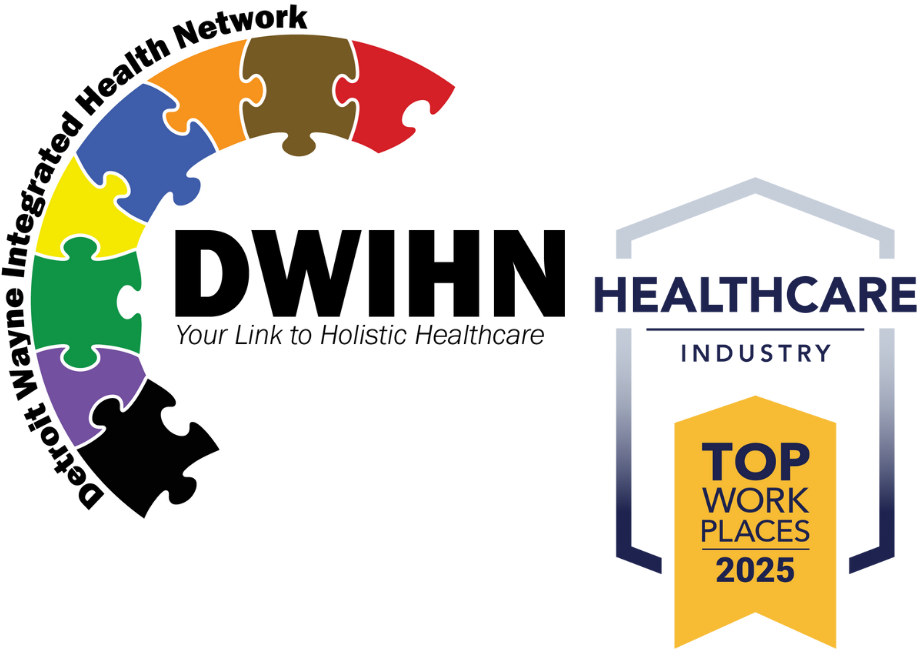DWIHN and DPD Crisis Response Collaboration Excels in its First Phase
DETROIT, MI – October 8, 2025—In a pioneering move to revolutionize crisis response and mental health care in Wayne County, the Detroit Wayne Integrated Health Network (DWIHN), the Detroit Police Department (DPD), and the City of Detroit launched a pilot program, in August, designed to directly transfer nonviolent mental health calls from 911 to behavioral health professionals in real time.
"We identified a great and urgent need for a smarter, more humane approach to crisis calls — and we knew we could step in and provide that support," said James E. White, President and CEO of DWIHN. “We know 911 works, but together, we can make it work more efficiently for the people of Detroit while freeing up officers to respond to other incidents.”
This innovative partnership marks a critical milestone in public safety and mental health collaboration, while continuing the vital relationship between DWIHN and DPD to better serve Detroit residents. The need for this initiative became increasingly clear this year between January and May, DPD received 368 “mental health nonviolent” calls and 227 “suicide threat” calls during the overnight hours of midnight to 7 a.m. when the need for assistance for these types of calls tends to increase.
The first month's operations resulted in 250 calls transferred to the DWIHN Crisis Call Center, that’s 250 less times a DPD officer had to get engaged.
After extensive planning and collaboration with DPD’s Communications Section and the Mayor’s Office, DWIHN helped develop new, well-organized protocols to ensure that those experiencing a behavioral health crisis are connected immediately with the help they need.
Phase 1 of the program launched over a month ago. During the overnight hours, 911 operators now conduct a “warm transfer” — staying on the line until the caller is safely connected to DWIHN’s 24/7 Crisis Line at 844-IN-CRISIS. This not only ensures a smoother handoff but also begins the de-escalation process earlier, when it matters most.
“This system is about more than just reducing the strain on 911 — it’s about saving lives and ensuring the right care at the right time,” said Grace Wolf, DWIHN Vice President of Crisis Services. “Our professionals are highly trained, and if needed, we will dispatch mobile crisis teams directly to the scene.”
In tandem with the new protocol, DWIHN continues to expand its Crisis Intervention Team (CIT) training for both 911 operators and DPD officers, strengthening a full continuum of crisis care.
“This isn’t just a pilot program — it’s a model for the future of public safety and mental health collaboration,” White added. “It reflects our shared commitment to building a safer, more compassionate Detroit.”
###
